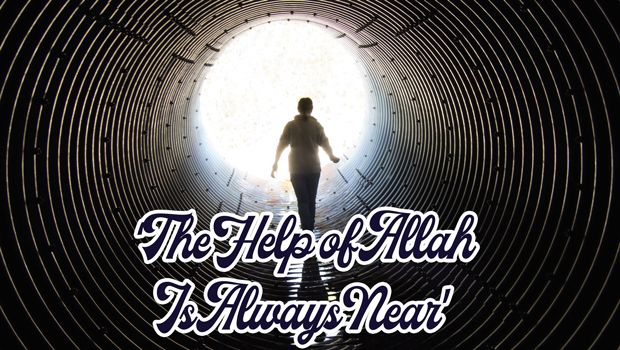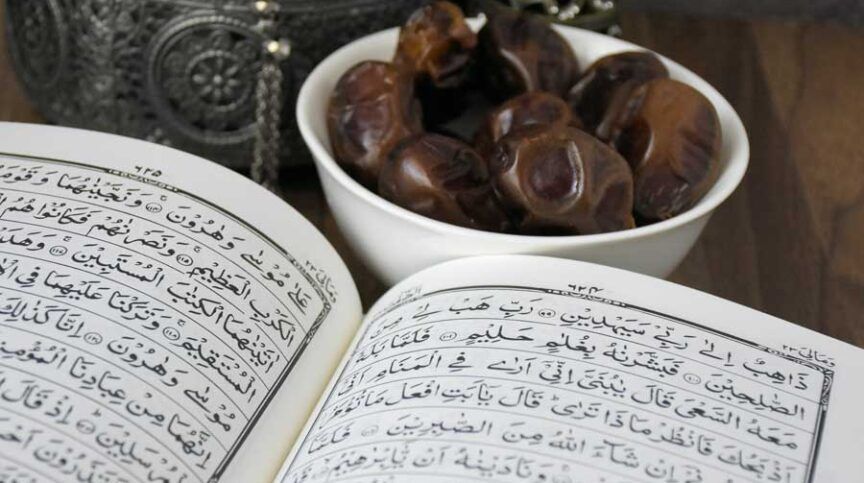For over three decades, Muslims worldwide have suffered from increasing terrorist assaults by individuals and various agencies of states. Muslim-majority nations such as Iraq, Libya, and Syria that were once thriving economically and socially have been reduced to either failed states or dependent wards of colonizing forces. India has the largest Muslim population, approximately 175 million, of any non-Muslim majority country in the world. Despite being nearly 15 percent of the Indian population, Indian Muslim sare experiencing physical assault, murder, rape, illegal confiscation of property, and other atrocities perpetrated by ultra-Hindu nationalists operating with virtual impunity. Prime Minister Narendra Modi’s party, BJP, has as its ideological underpinning the fascist-like philosophy of Hindutva, a form of ethnic and Hindu absolutism that devalues and discriminates against Muslims, Sikhs, Christians and other non-Hindus. Muslims in the Central African Republic, Palestine, Myanmar, Kashmir, and China are similarly being victimized by political doctrines and rulers who have created untenable living conditions for Muslims in their home countries. Despite mass demonstrations worldwide decrying the ethnic and/or cultural cleansing affecting millions of Muslims, appeals to executive and legislative bodies to intervene have been largely ignored. Even with declarations from the United Nations and human rights bodies that acts of genocide are being committed against Muslim men, women, and children, the carnage against the ummah (global community) of Prophet Muhammad (peace be upon him) continues unabated.
The Qur’an tells us, “They were touched by poverty and hardship and were shaken until even their messenger and those with him said, ‘When will the help of Allah come? ’Unquestionably, the Help of Allah is always near”(2:214)
Imams and Muslim lecturers frequently decry this devaluation of human life. They see the unprecedented number of indiscriminate killings as evidence that the Day of Judgment is close. Of course, the precise timing is known only to Allah. The Qur’an and hadith do not depict a God who is uninvolved or neutral about oppressive power relationships, whether between individuals, communities, or nations: “Allah is on the side of those who fear Him and do good”(Qur’an 16:127).In an authentic hadith, the Prophet said, “Beware of the supplication of the oppressed for there is no barrier between him and Allah” (Sahih Muslim). And in another hadith, he (pbuh) relates that Allah said, “I have forbidden oppression for Myself, and I have made it forbidden amongst you, so do not oppress one another” (Sahih Muslim).
The Qur’an and Prophetic sayings are replete with stories and exhortations intended to underscore the preeminence of safeguarding justice in the individual and collective lives of human beings. But ridding a society of oppression and exploitation requires more than passionate feeling, speaking, and action. It requires that Muslims change what is in themselves; in other words, Muslims must transform themselves through submission. For example, Prophet Musa (peace be upon him)was vehemently opposed to the tyrannical regime of Pharaoh who insisted that his subjects revere him as their god. But Pharaoh’s demise and the destruction of his oppressive reign was only realized after Prophet Musa (pbuh) had been thoroughly guided by Allah to worship Him exclusively and to have total reliance on Him in all circumstances in life. The successful social revolution brought about under the leadership of Prophet Musa (pbuh) against insurmountable odds was the result of total submission to divine guidance, not the execution of ingenious man-made plans. The best example, of course, is the total transformation of Arabian society and the establishment of the Islamic state in Madinah under the leadership of Prophet Muhammad (peace be upon him), a profound social, economic, political, and spiritual revolution that amazingly came to fruition in a mere 22 years.
Today, the destruction of Muslim societies by nations coveting their natural resources and strategic locations has sadly become so common place that it is easy to end up desensitized. The 24-hour news cycle and internet information outlets provide inexhaustible coverage. Some Muslims feel overwhelmed and some debate endless lyat gatherings. While staying informed, reflecting on what is happening around the world, praying for those who are oppressed, and being a social justice activist are all good and necessary, the need for spiritual self-improvement, however, is at the heart of the matter. Increasing our God-consciousness gives us discernment and allows us to see things for what they are, without distortion. With God-consciousness our prayers are more sincere, and our activism infused with patience and perseverance. And so, we remember that believers have always faced tremendous trials. The Qur’an tells us, “They were touched by poverty and hardship and were shaken until even their messenger and those with him said, ‘When will the help of Allah come? ’Unquestionably, the Help of Allah is always near”(2:214).
We must take charge of our own selves; we must act as the compassionate witness to suffering and provide relief whenever we can; we must be centered emotionally and mentally so that we can stand our ground no matter the difficulties or opposition we face; we must find an inner anchoring of morality so that we don’t justify or engage in denial when we fall short of doing the right thing; we must increase our gratitude and remember Allah often. It is His wisdom that directs us outwardly to demand justice for all human beings. It is also His wisdom that directs us inwardly, for “…Indeed, Allah will not change the condition of a people until they change what is in themselves…”






